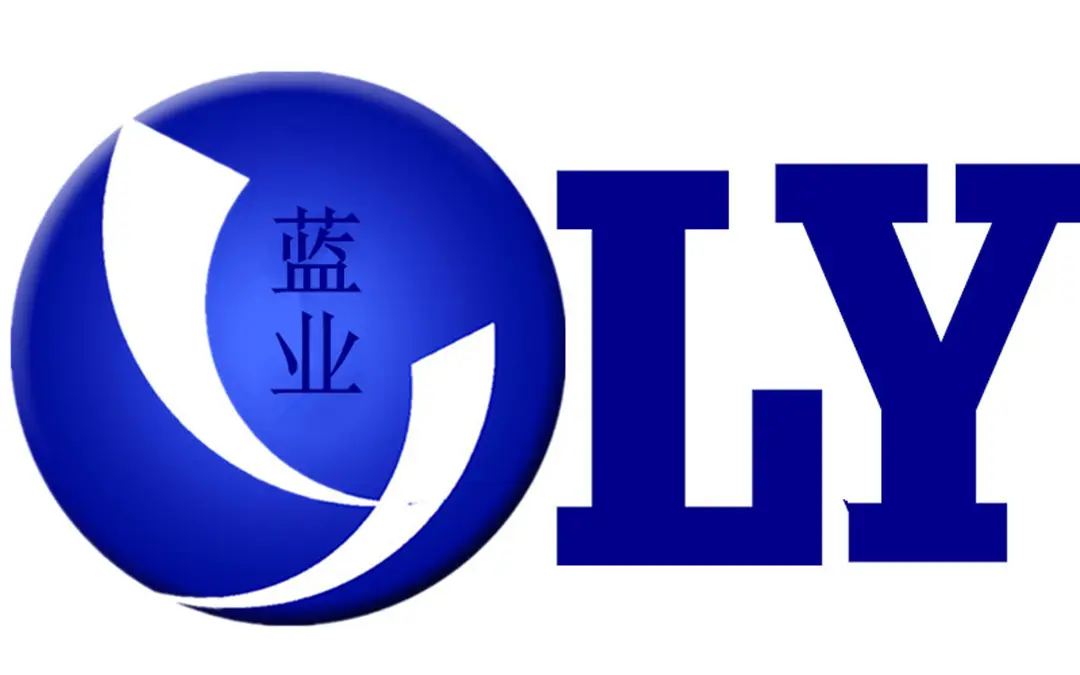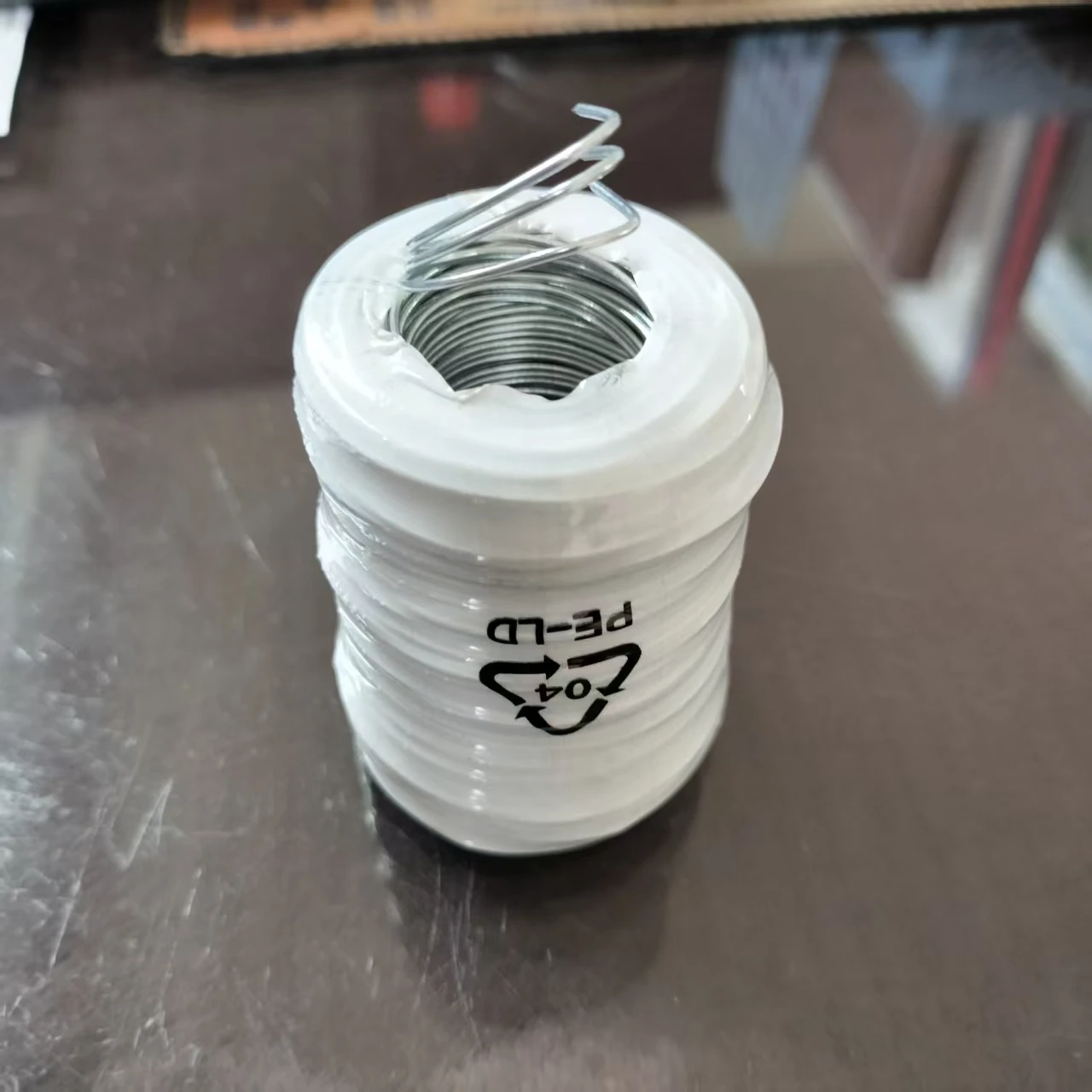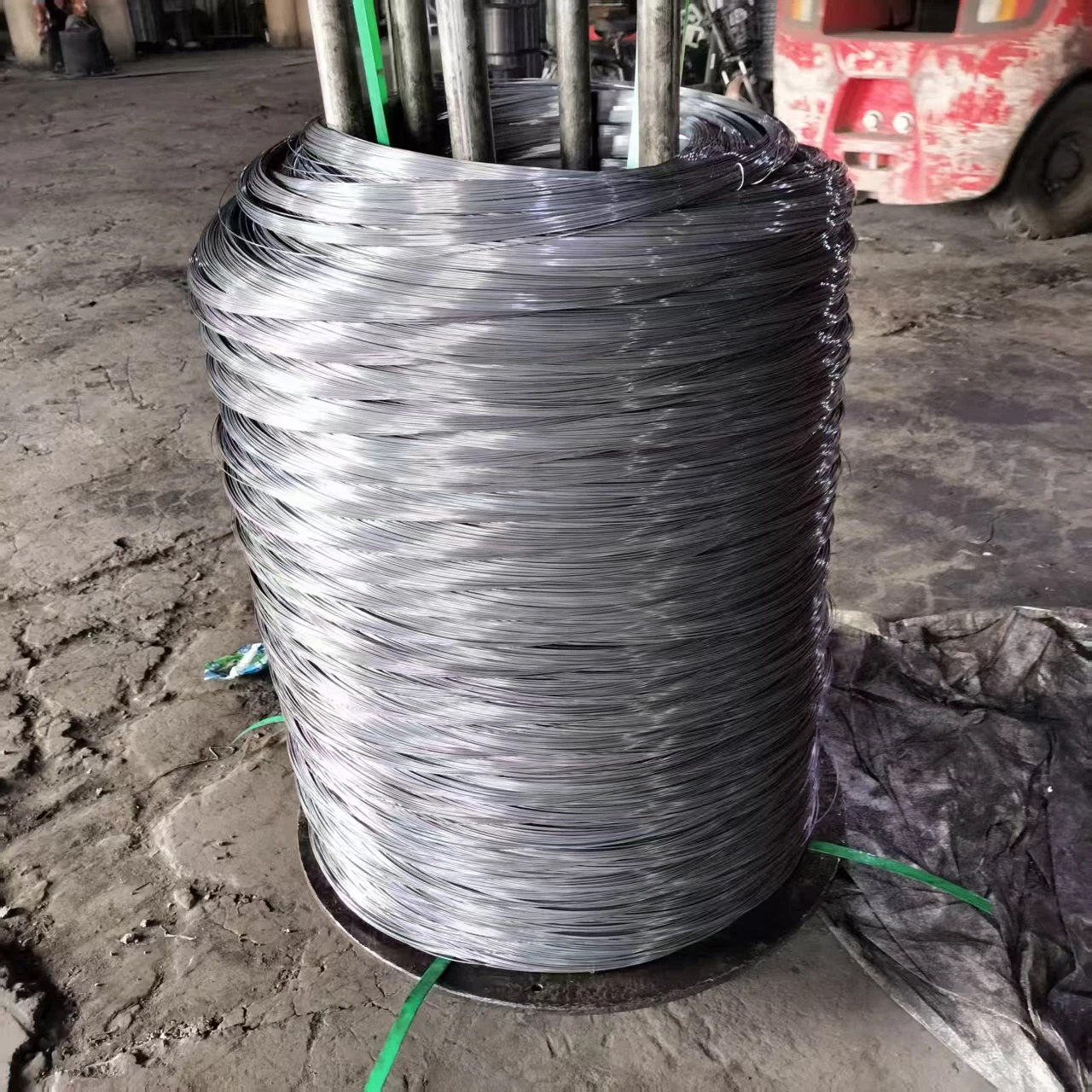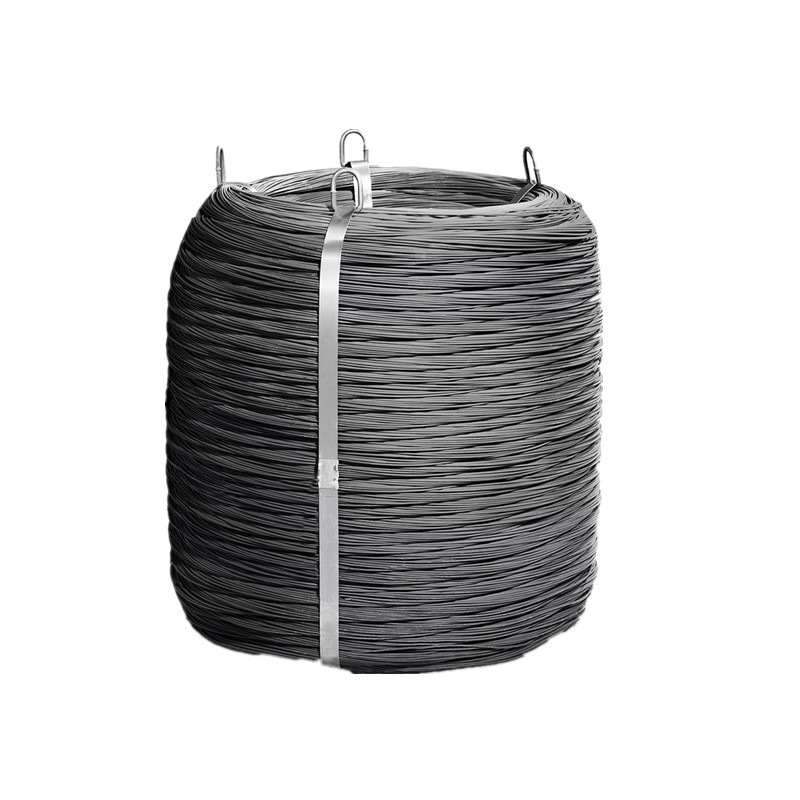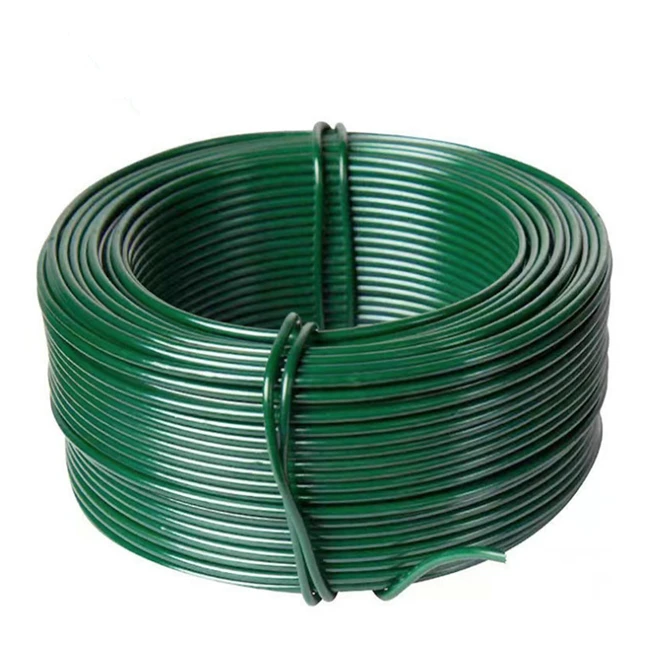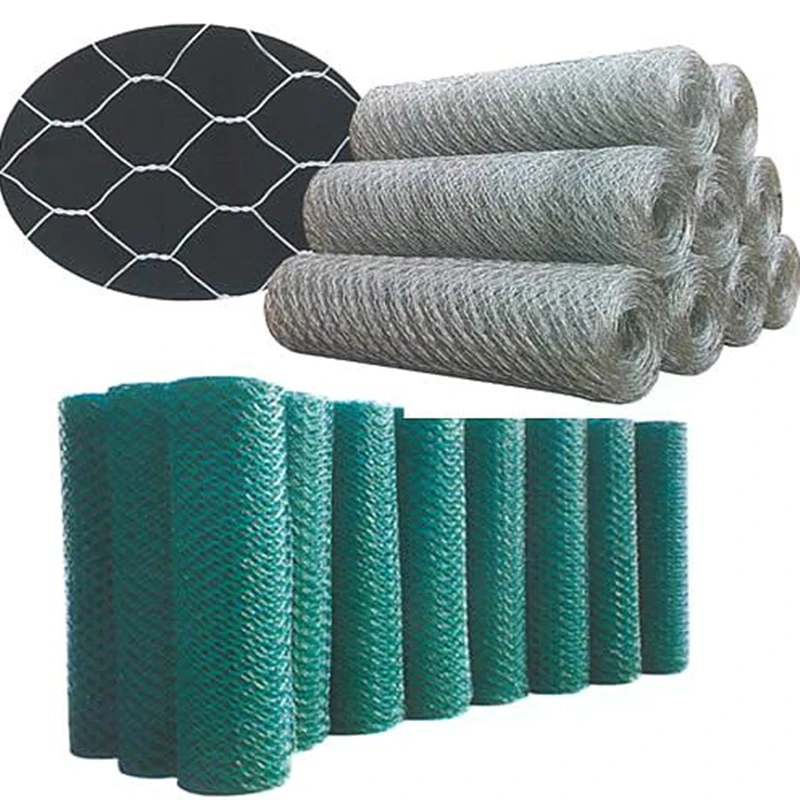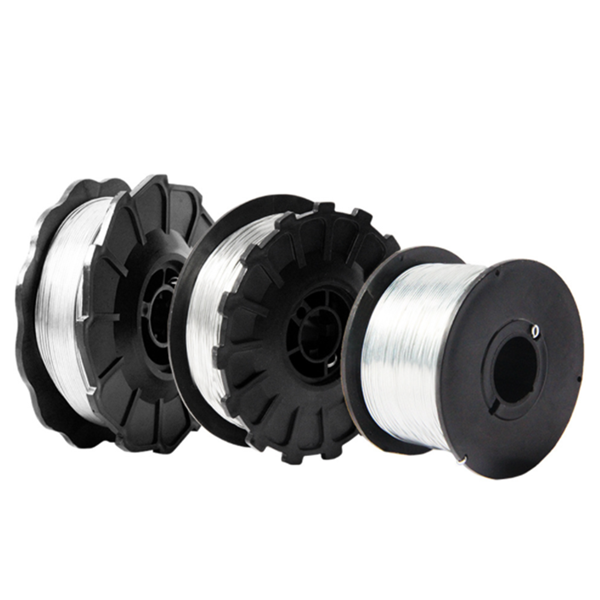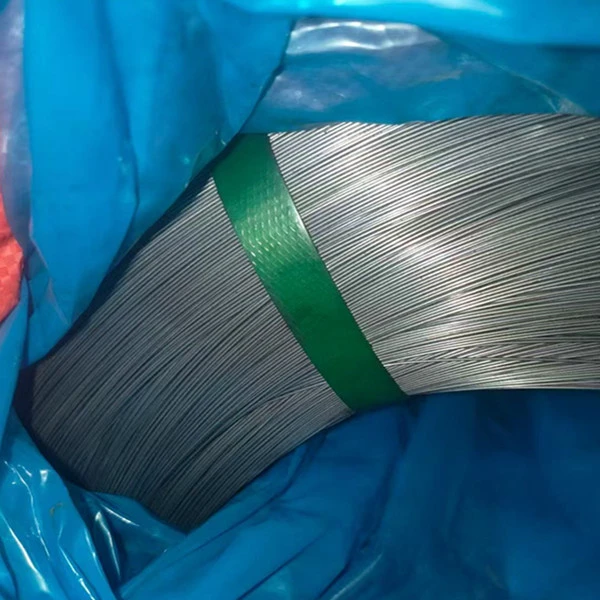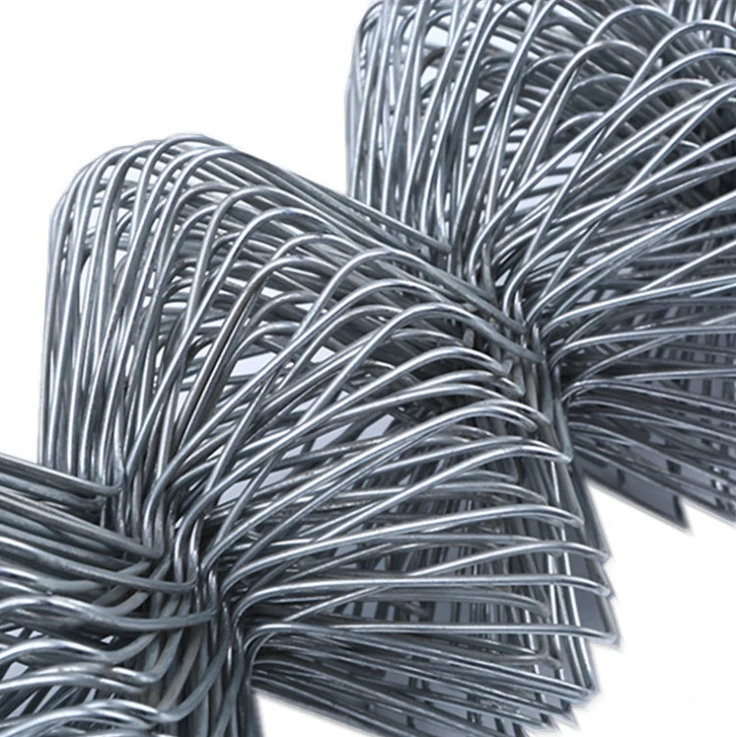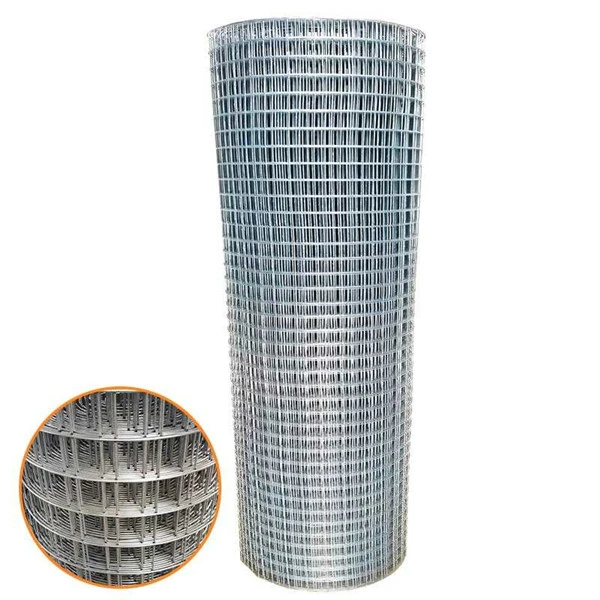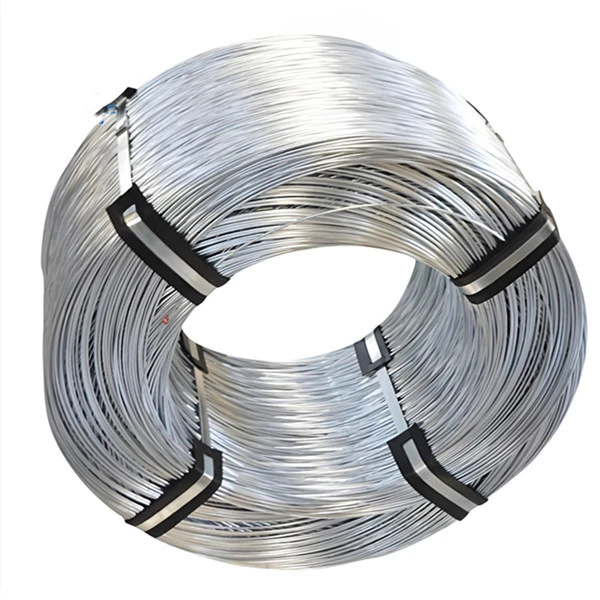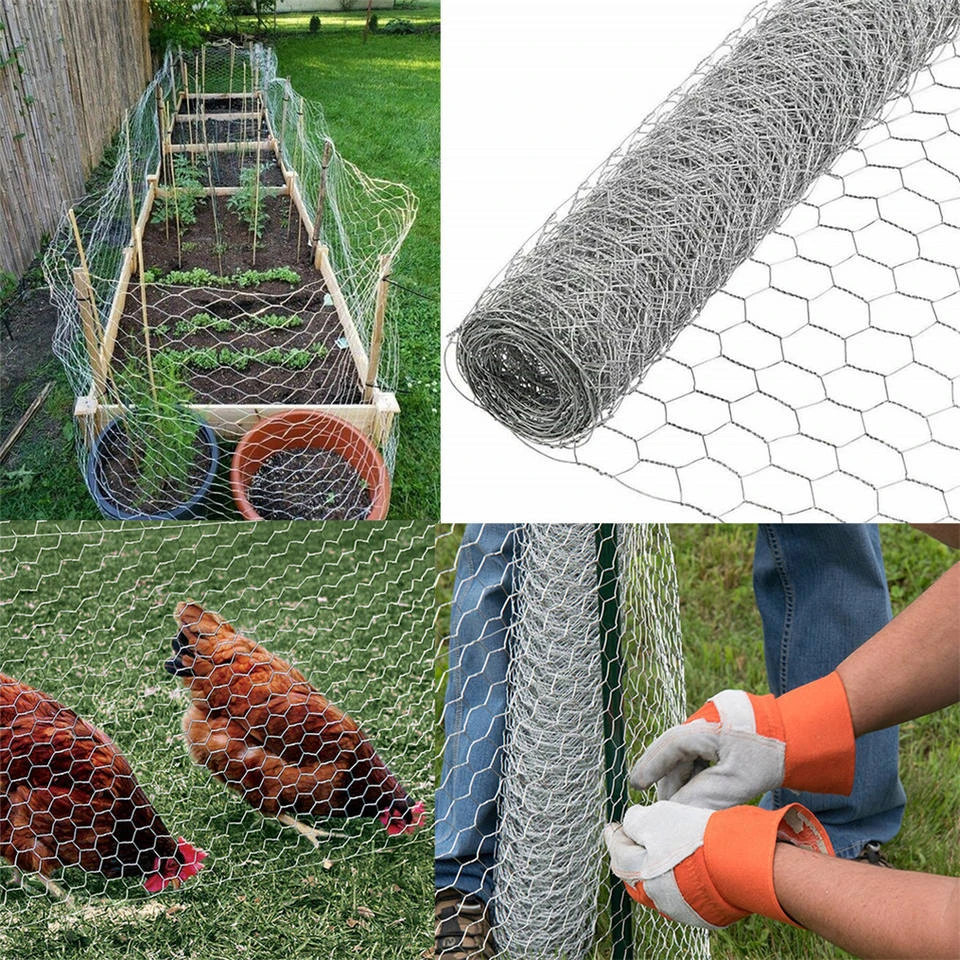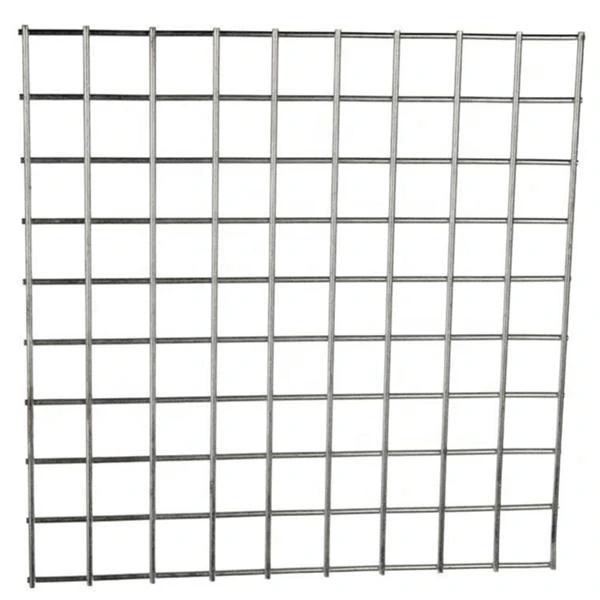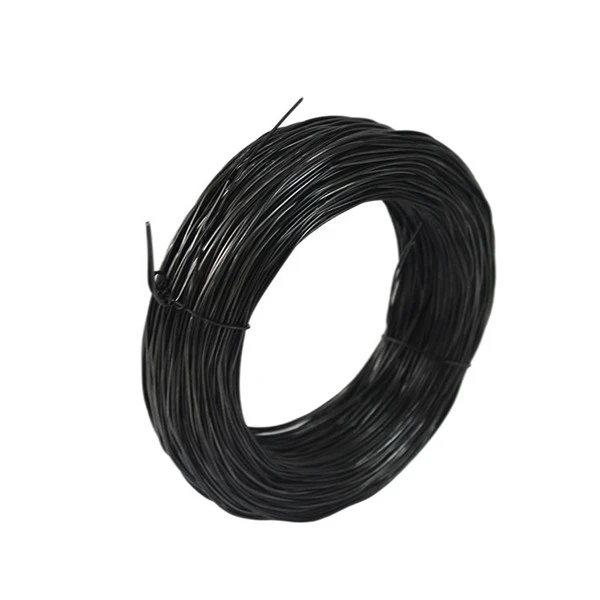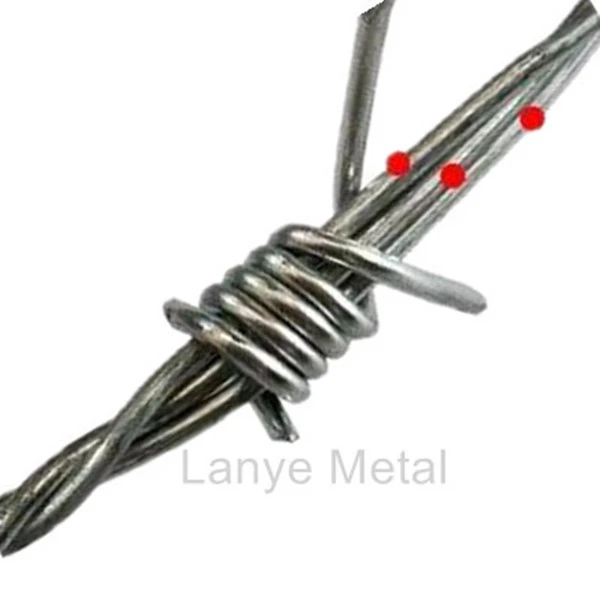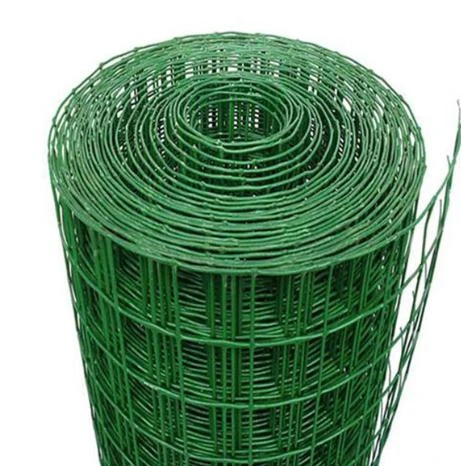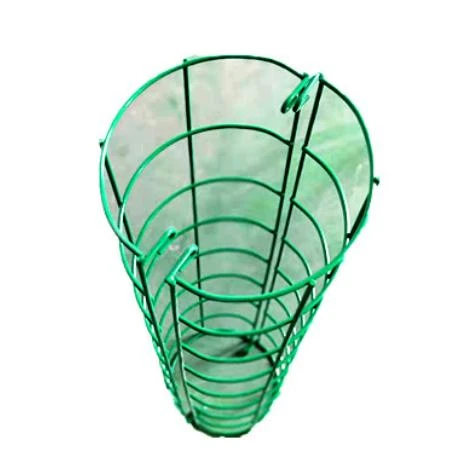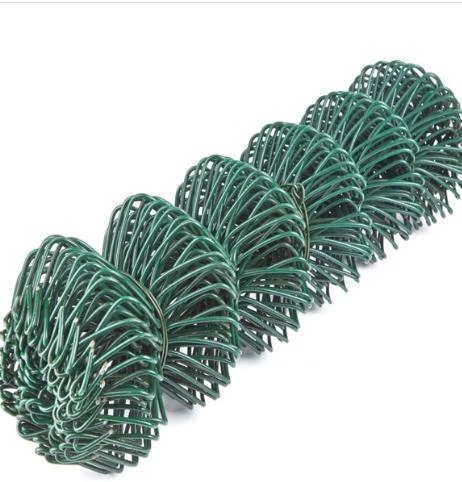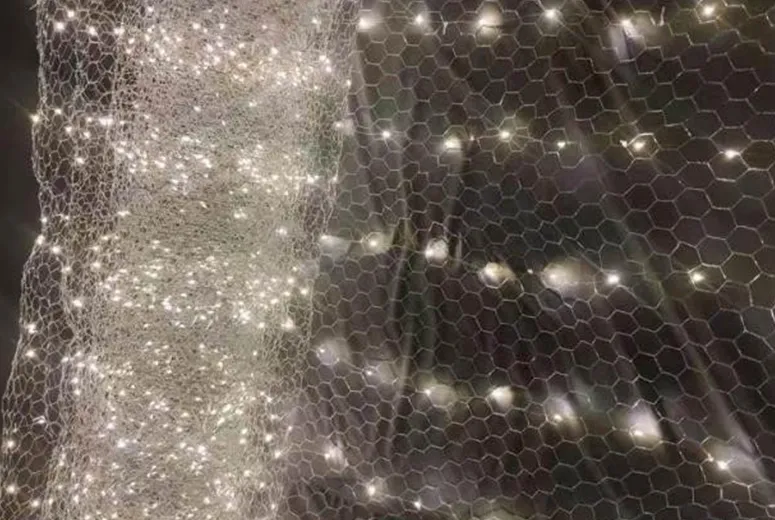
(soft annealed wire)
Outline
- The Essential Characteristics of Soft Annealed Wire
- Material Science Behind Enhanced Flexibility
- Manufacturer Performance Metrics Comparison
- Customization Parameters for Specialized Requirements
- Industrial Implementation Case Studies
- Quality Assurance and Testing Protocols
- Innovations in Soft Annealed Wire Applications
The Essential Characteristics of Soft Annealed Wire
Modern manufacturing increasingly relies on specialized materials like soft annealed wire
for critical operations. This product undergoes controlled heat treatment at 680-780°C, significantly altering its crystalline structure. The annealing process reduces carbon content to 0.06-0.08%, increasing elongation capacity by 40-60% compared to untreated alternatives.
Industrial operators favor this material for its distinctive properties:
- Ultimate tensile strength ranging from 350-550 MPa
- Consistent surface lubricity with <1.2 μm roughness coefficient
- Memory retention below 3% after bending stress
- Electrical conductivity maintaining 15-18% IACS standards
The absence of springback phenomenon makes soft black annealed wire particularly valuable in automated assembly where dimensional stability determines production efficiency. Processing facilities report 15-20% reduction in material waste during wire forming operations when implementing soft annealed iron wire solutions.
Material Science Behind Enhanced Flexibility
Annealing fundamentally alters the ferrite-pearlite matrix in low-carbon steel wire. Controlled cooling rates between 18-22°C per minute produce fine-grained ferritic structures with pearlite concentrations below 8%. This metallurgical transformation increases dislocation mobility, reducing yield strength by 30-35% while maintaining 90-92% of original tensile strength.
Material engineers achieve optimal performance through precise atmosphere control during processing:
- Endothermic gas mixtures with 18-22% CO reducing potential
- Decarburization limited to <0.03mm surface depth
- Hydrogen content maintained below 2.5 ppm
- Scale formation controlled to <0.05% of wire mass
The resulting wire demonstrates uniform plasticity across the entire length, with diameter variations under ±0.01mm. These specifications make soft annealed wire indispensable for applications requiring consistent forming characteristics under 30-35 HRB hardness parameters.
Manufacturer Performance Metrics Comparison
| Specification | SteelFlex Industries | Global Wire Solutions | PrimeMetals Group | DuraWire Technologies |
|---|---|---|---|---|
| Tensile Strength (MPa) | 385-420 | 395-450 | 375-405 | 405-465 |
| Elongation (%) | 24-28 | 22-26 | 26-30 | 21-24 |
| Diameter Tolerance (mm) | ±0.02 | ±0.015 | ±0.025 | ±0.01 |
| Batch Consistency | 98.2% | 99.1% | 97.5% | 99.4% |
| Lead Time (Days) | 10-14 | 7-10 | 14-21 | 5-7 |
Supplier selection requires balancing performance characteristics with operational demands. Global Wire Solutions leads in dimensional precision, while DuraWire Technologies excels in rapid fulfillment for urgent requirements. PrimeMetals Group offers superior elongation for complex forming applications, though with extended production timelines.
Customization Parameters for Specialized Requirements
Beyond standard specifications, manufacturers adapt soft annealed iron wire to extreme operating conditions. Aerospace applications require copper-clad variants with oxidation resistance exceeding 500 hours in salt-spray testing. Biomedical implementations use vacuum-annealed wire with surface purity certifications meeting ISO 13485 standards.
Specialized customization options include:
- Galvanization thickness: 10-80 μm zinc coatings
- Annealing atmospheres: Nitrogen-rich, hydrogen-reduced, or vacuum environments
- Surface treatments: Phosphating, polymer coating, or lubrication
- Temper grades: Extra-soft (HV 65-85) to semi-soft (HV 100-120)
Custom spooling configurations reduce downstream processing time by 25% for automated feed systems. Jumbo coils up to 2500kg capacity minimize production interruptions, while precision-wound packages optimize material utilization in CNC machinery.
Industrial Implementation Case Studies
Automotive component manufacturing provides compelling evidence of soft annealed wire effectiveness. A transmission spring manufacturer transitioned to specially formulated annealed wire, achieving:
- 45% reduction in springback miscalibration
- 28% increase in coil winding machine throughput
- 90% decrease in microcrack formation at bend radii
Agricultural equipment producers utilize soft black annealed wire for combine harvester screens requiring resistance to dynamic stresses exceeding 8G vibration loads. Post-installation analysis showed a 400% service life improvement compared to conventional cold-drawn wire.
In construction reinforcement, the material's 5% uniform elongation allows deformation without fracture during seismic events. Structural engineers specify it for masonry ties in high-risk earthquake zones where energy absorption capacity prevents catastrophic failure.
Quality Assurance and Testing Protocols
Reputable manufacturers implement rigorous verification systems that exceed ASTM A641 standards. Sample testing occurs both pre-annealing (for decarburization and scaling analysis) and post-processing (for mechanical validation). Modern facilities incorporate continuous monitoring systems that track furnace atmosphere composition during the annealing cycle.
Standard verification methodologies include:
- Wrap testing: 8x mandrel wraps without fracture
- Reverse torsion: Minimum 25 rotations in alternating directions
- Metallography: Grain size assessment at 400-500x magnification
- Salt spray testing: Corrosion resistance up to 1000 hours
Lot traceability systems document every processing parameter through unique identification codes. These procedures ensure consistent hardness variation under 7% across production batches and guarantee conformance to mechanical property specifications.
Innovations in Soft Annealed Wire Applications
Recent developments expand the functionality boundaries for soft annealed wire. Nano-ceramic coatings now enhance abrasion resistance by 70% while maintaining the wire's forming characteristics. This advancement enables use in high-wear environments previously requiring hardened components, demonstrating significant cost reduction potential.
Research institutions are exploring cryogenic annealing protocols at -190°C that further refine ferrite grain structures. Preliminary data indicates possible 12-15% improvements in fatigue resistance without compromising the material's core flexibility advantages.
Modern manufacturing increasingly combines soft annealed wire with robotic forming systems using real-time stress modeling software. This integration allows continuous adjustment of feed parameters during production, optimizing material behavior for complex geometric configurations previously deemed unattainable with metallic components.

(soft annealed wire)
FAQS on soft annealed wire
Q: What is soft annealed wire used for?
A: Soft annealed wire is commonly used for binding, crafting, and construction due to its flexibility and ease of bending. It is ideal for applications requiring a pliable yet durable material, such as gardening or fencing.
Q: How does soft annealed iron wire differ from regular iron wire?
A: Soft annealed iron wire undergoes a heating and slow cooling process, making it more malleable than regular iron wire. This annealing reduces brittleness, allowing it to bend without breaking easily.
Q: What are the benefits of soft black annealed wire?
A: Soft black annealed wire offers corrosion resistance and a sleek black oxide coating, making it suitable for outdoor or decorative projects. Its smooth surface also minimizes damage to materials it contacts.
Q: Can soft annealed wire be used for electrical purposes?
A: No, soft annealed wire is not designed for electrical applications. It lacks insulation and conductivity properties required for wiring, and is better suited for mechanical or structural uses.
Q: How to choose between soft annealed iron wire and soft black annealed wire?
A: Choose soft annealed iron wire for general-purpose flexibility, while opt for soft black annealed wire if corrosion resistance or a dark finish is needed. Consider the environment and aesthetic requirements of your project.



